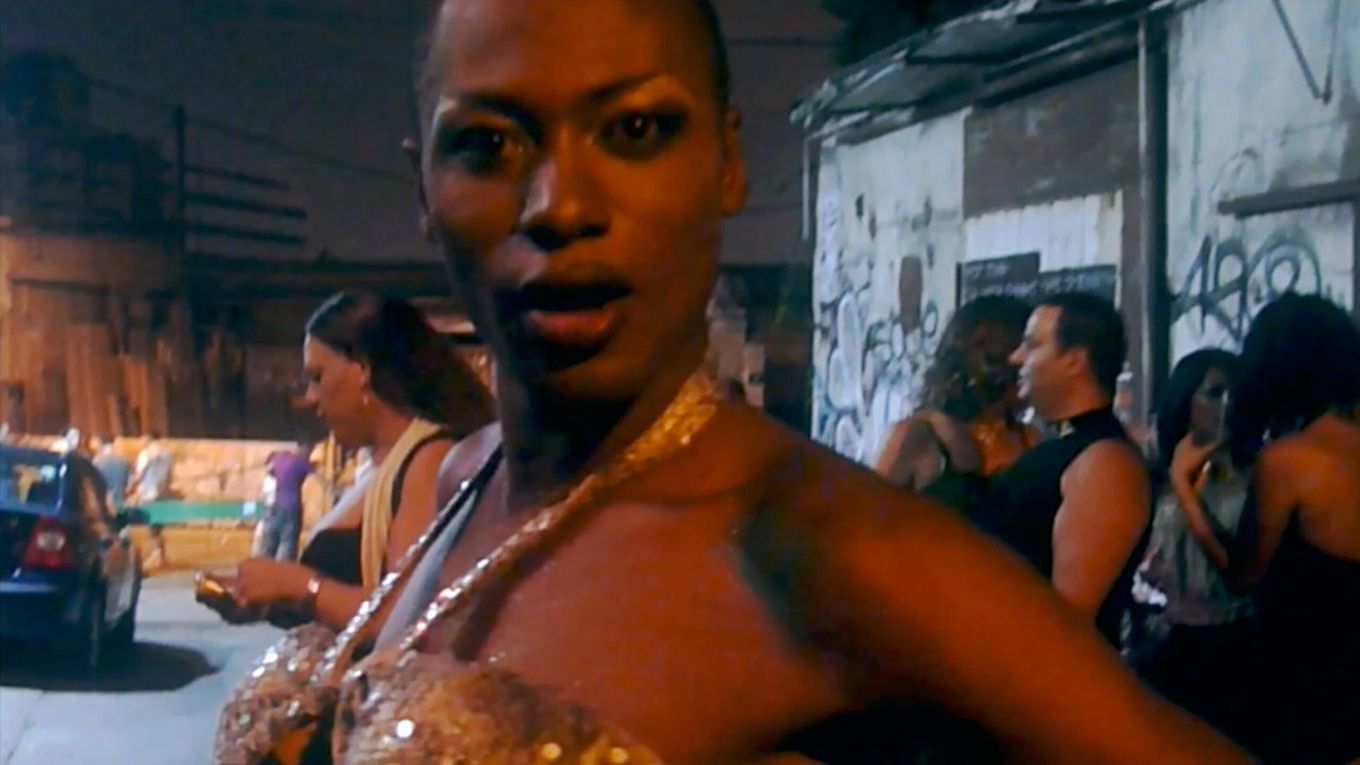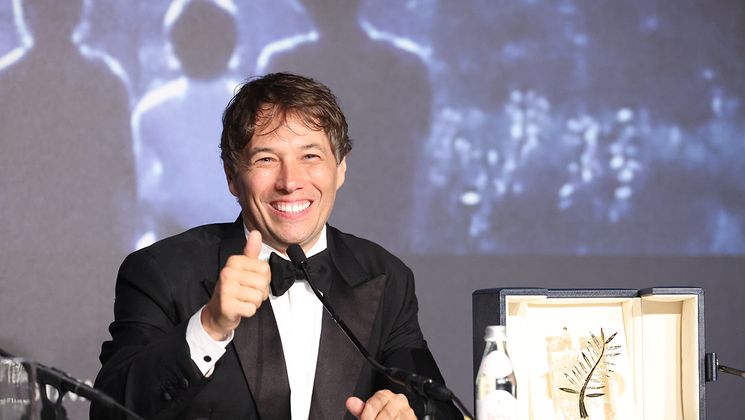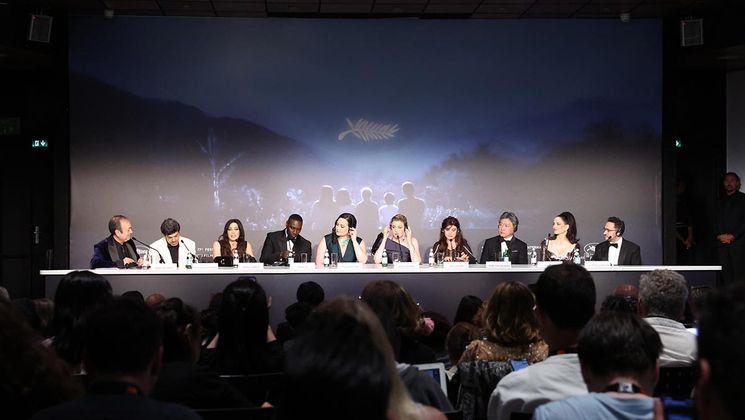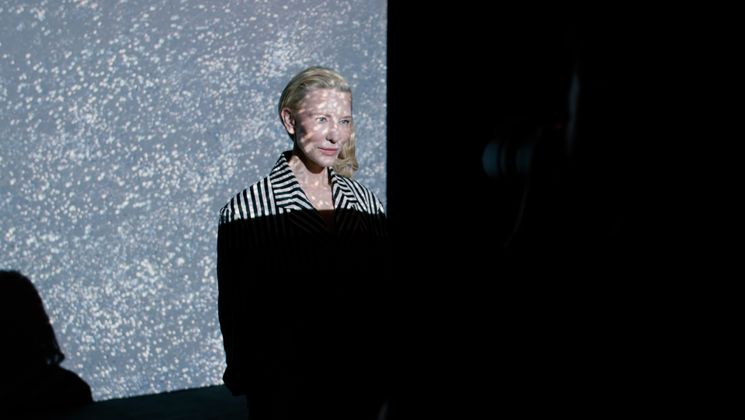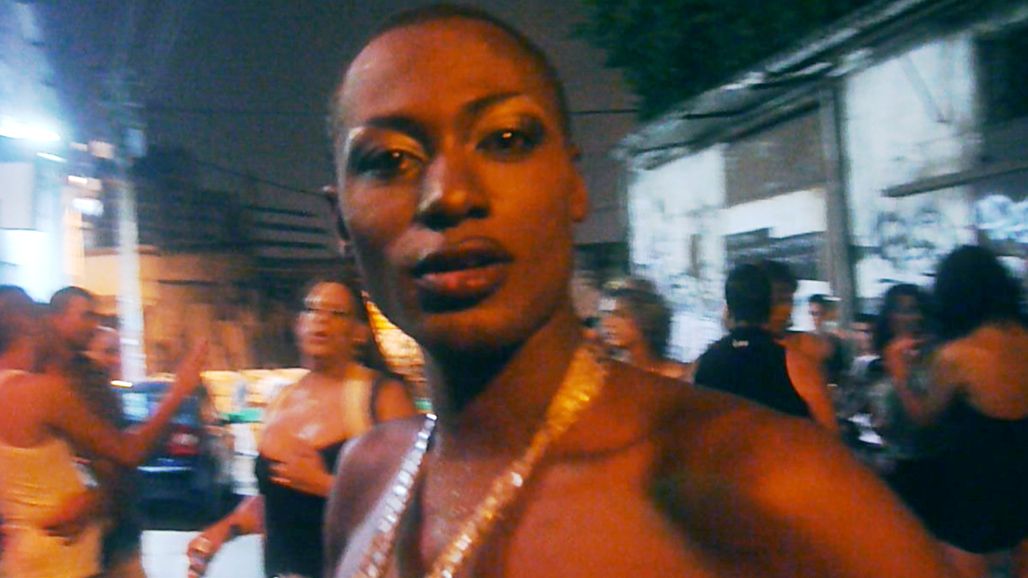
Interview with Yolande Zauberman, searching for the legendary belle from Gaza

A photo in hand, Yolande Zauberman crosses Hatnufa Street. It’s a photo of the Belle of Gaza, who is said to have walked all the way to these pavements, the site of transsexual prostitution in Tel Aviv. The result is a nocturnal quest in a world where grace emerges from the dark and dangerous. This documentary, presented as a Special Screening, completes the director’s trilogy initiated with the poignant films Would You Have Sex With an Arab and M.
At the origin of this film, there was an image that haunted you, a legend. What was it?
For M., I had filmed, almost by accident, two girls disappearing onto Hatnufa Street. I live with someone who speaks Arabic and who had chatted with them. When we got back to Paris, he told me: “Did you know one of them had come on foot from Gaza?” That seemed impossible to me. I absolutely wanted to find this woman, who is trans, who is from Gaza, and who had arrived in Tel Aviv and understand her vision of the world.
Talleen, Nathalie, Danielle, Israela, Nadine. These women you meet have not had an easy life, but they emanate a lot of grace. How did you film them?
It was an immense pleasure to film them, they have tremendous grace. And what’s more, there was this pleasure that they gave off, which was not at all self-satisfied. I was saying to myself: “Do you realise the extent to which you have things that can reveal us to ourselves?”
Notably Nathalie, with this absolutely sublime veil…
We came up with it together. It was to protect her from her family and not be recognised. During the shoot she became religious and started wearing a hijab.
“In ancient times, trans women were goddesses and I wanted to give this position back to them.”
These girls, who I knew from the street, are no longer part of this milieu. They’re women who want to live but, with the way they’re pigeonholed, it’s so hard. There isn’t much work and not many prospects.
In Stéphanie Di Giusto’s Rosalie, Nadia Tereszkiewicz’s character says: “It’s always hard to be a woman.” Even more so when you’re trans and from Gaza?
It’s hard to be a woman, period. But here, it goes even further. In the way that others look at them, the attraction that they engender is equal to the hatred that they can arouse. The women in this film have an unlikely intelligence because they’ve lived everything with their bodies. But their bodies, their heads, their emotions… everything is aligned. Incidentally, Talleen was in Paris a few days ago. A journalist asked her: “What do you have to say after 7 October?” She responded: “If I’ve been able to make peace between my body and my soul, if I’ve been able to make peace between the fact of being Arab and living here, that means that peace is possible.” Despite their difficult lives, their message is a beacon of light.
This isolated milieu that you depict is crying out to the world. What is it saying?
Their fight is for freedom. These are women with great faith. This is a film about freedom, the sliver of freedom that they have despite their difficult situation. It’s thus a film about our freedom, too.
